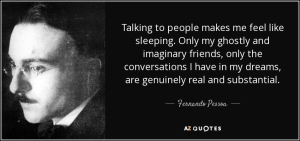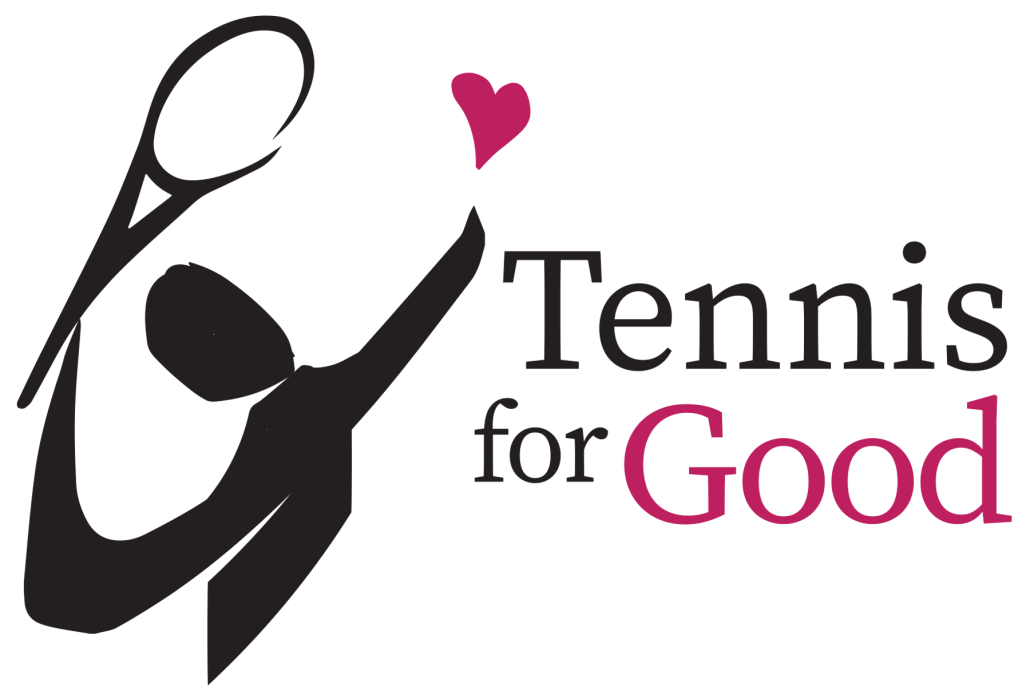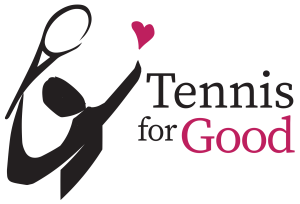 When I go for a drop shot in a match, I invariably undercook some and hit them into the net. That‘s a double sin to me — I should at least make my opponent hit it.
When I go for a drop shot in a match, I invariably undercook some and hit them into the net. That‘s a double sin to me — I should at least make my opponent hit it.
When I feed a ball between points to the doubles player who’s at the net, I never hit the ball into the net. NEVER. The odds of my hitting it directly into their pocket feel roughly equal to the odds of my plopping it into the net.
The difference is striking, and extraordinary. How can I hit such feeble ‘real’ drop shots yet feed the ball to within a foot or two of the ideal drop shot landing place pretty much every time?
I‘ve identified three reasons.
First, playing a ball that my opponent just hit at me is more difficult than hitting a ball off my own toss.
Second, the fact that ‘real’ drop shots have consequences makes it harder to execute them at a high level.
Third — and now I come to the heart of this meditation — I have a living, breathing human target when I feed the ball between points. When I hit a drop shot in a match, I’m aiming at empty space — and this, for me, seems to make a huge difference.
This isn’t the only situation where I find aiming at empty space more challenging than hitting to a person. Let‘s say I‘m playing singles and serving to the ad court. I hit a good kick serve that pulls my opponent wide. He chips it back short to my forehand. It’s my point to win or lose. All I need to do is finish with my forehand.
Welcome to Carl’s Confession Hour: I tend to miss that shot too much. Over time, I’ve concluded that my discomfort with hitting into space is the main reason why. If you were to set up a person like a bowling pin in the bull’s-eye of that empty space, I’d have a better success rate.
This has been confirmed by trial-and-error. I do better when I visualize an imaginary ally in the open space I’m aiming for. It feels more inviting … easier.
The reason for this may have to do with my feelings about solitude and community. But that is an aside. The main takeaways here are two:
- You can use your imagination to your advantage on the tennis court.
- Visualizing an imaginary ally instead of empty space may help you play better, just as it appears to be helping me.
Inserting an imaginary ally can be useful in off-court situations, too. Let’s say you‘re squabbling with your spouse. By imagining that you’re talking with their best version, not the jerk who’s annoying the hell out of you right now, it might help you navigate the spat with more ease and kindness.
Do you see yourself as a people person? If so, does that help or hinder you on the tennis court, and why? Would you benefit from partnering with imaginary allies, either on the court or elsewhere?

